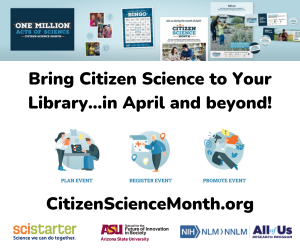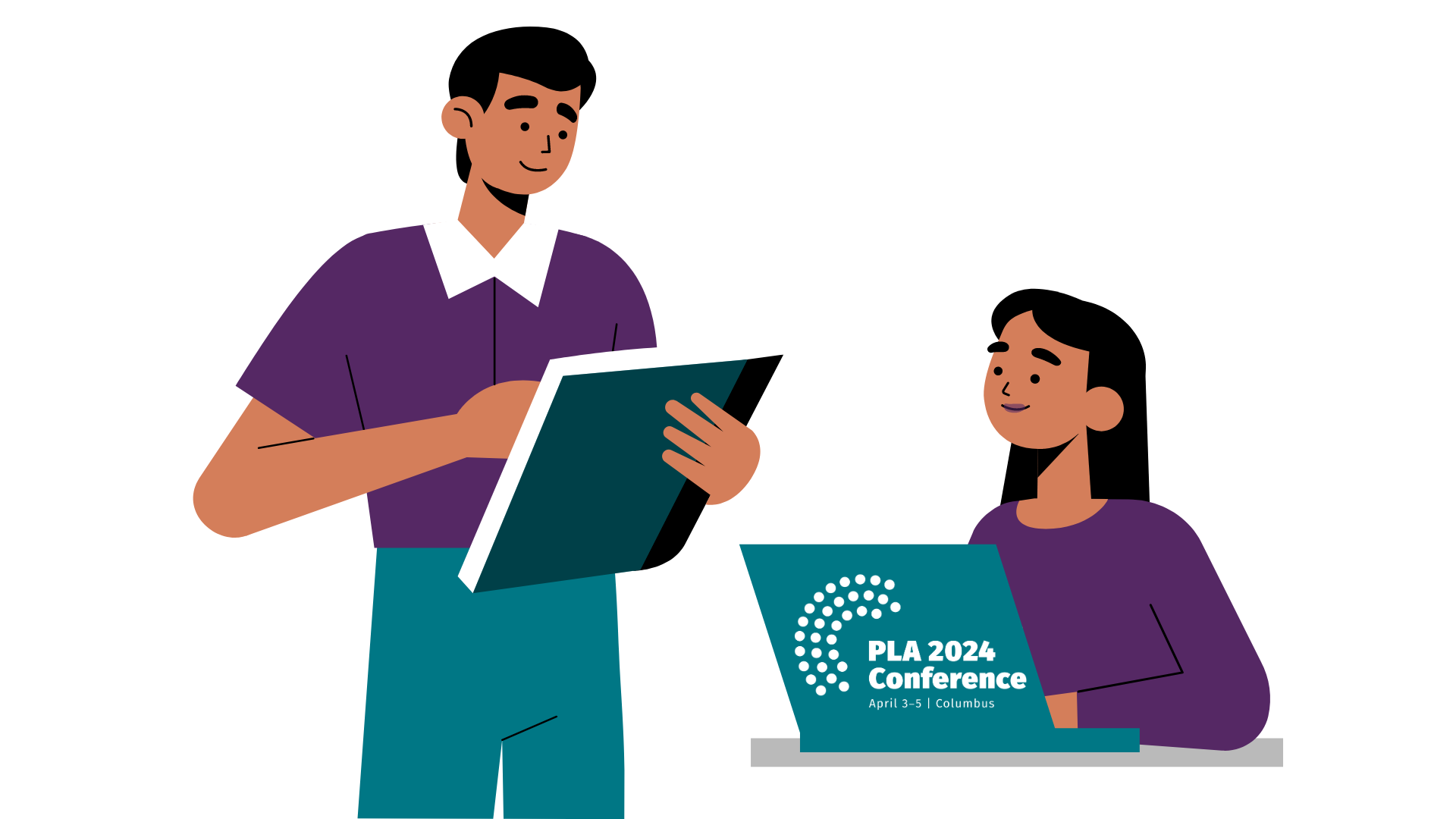Turning Outward
This past January, I was privileged to be invited by American Library Association (ALA) President Maureen Sullivan and Executive Director Keith Michael Fiels to travel to Chicago and participate with twenty-four other library leaders, in an initiative called “The Promise of Libraries Transforming Communities.”
With funding to ALA from the Institute of Museum and Library Services (IMLS), partnering with The Harwood Institute for Public Innovation, this first phase of a multiphase initiative was planned to accomplish two things: (1) develop a sustainable national plan to advance community engagement and innovation and (2) transform the role of libraries in their communities.
As the importance of community engagement has always been my passion and a hallmark of my career as a librarian, I was excited to participate in Harwood Advanced Leaders Training to hone my skills in engaging with my PLA community. The four-day workshop began in earnest on day one with Richard Harwood, founder and president of the Harwood Institute, talking about the power we have as librarians to transform our communities, and how we must begin to turn outward to make real change in the lives of the people we serve. All of our work was therefore based on the Harwood Method as we learned how to turn outward to produce greater impact and relevance in our communities and how to begin this process organizationally.
We began with the importance of bringing people together to determine shared aspirations, instead of mutual gripes and complaints. We learned that when we begin to have conversations based on what people value about our library services, we begin to focus on their aspirations for the programs and services they wish to see our libraries provide and why those particular programs and services are of value.
Next, we learned the importance of Harwood’s “3A’s of Public Life: Authority, Authenticity, and Accountability,” and how to measure and assess each one to determine progress.1 For instance, to measure your authority in the community, ask yourself if your library designs and implements programs based on a deep understanding of the community, or if your programming is simply based on the latest fad or pop culture trend. When assessing your library’s accountability, do you know the role you want to play in the community? Is it clear internally and to those outside your organization? And to access your library’s authenticity, would the people in your community say that the library’s words and actions reflect the reality of their lives?
The 3A’s can only be achieved when the public leader has deep public knowledge about the community she serves. We also learned that public knowledge can only come by having conversations with people in the community about their aspirations and concerns, and their views about their community. From these conversations, the public leader can discover the main areas of concern, specific issues, and finally arrive at what actions and solutions are needed.
On the last day of the training, I learned that ALA and the Harwood Institute will continue to develop a national scalable model for library-led change. I look forward to having a conversation with the PLA Board of Directors about our organization’s role in the implementation of this initiative!
REFERENCE
The Harwood Institute, “The 3A’s,” accessed Mar. 27, 2013.







